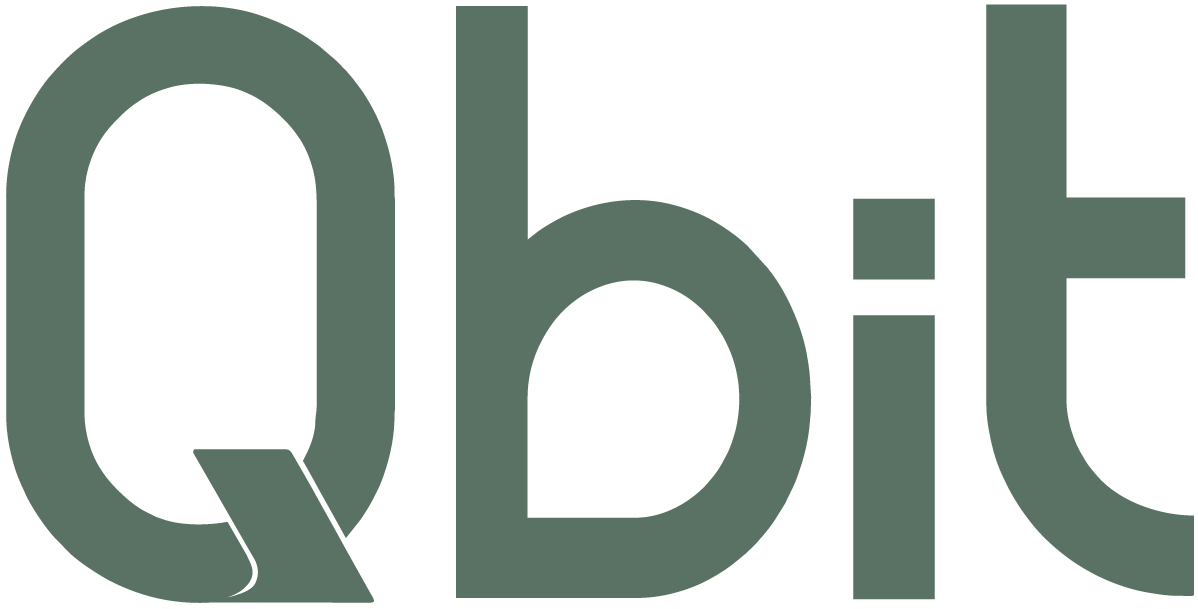Qbit Daily Health Nutritional Drink - All In One Super Greens Supplement
Qbit 360 Days Subscription Pack
Qbit Daily Health Drink - Trial Pack
- Featured
- Best selling
- Alphabetically, A-Z
- Alphabetically, Z-A
- Price, low to high
- Price, high to low
- Date, old to new
- Date, new to old
Prebiotic
Prebiotics: The Fuel for a Healthy Gut
When it comes to gut health, most people have heard of probiotics, the good bacteria that live in our digestive system. But did you know that these beneficial bacteria also need food to thrive? That’s where prebiotics come in. Prebiotics are special plant-based fibers that feed the good bacteria in your gut, helping them grow and maintain a healthy balance for improved digestion and overall well-being.
What Are Prebiotics?
Prebiotics are non-digestible fibers found in certain foods. Unlike regular fiber, which simply passes through the digestive tract, prebiotics act as food for probiotics and other beneficial gut microbes. When gut bacteria ferment these fibers, they produce short-chain fatty acids that nourish the colon and support overall health.
Simply put:
-
Probiotics = live good bacteria.
-
Prebiotics = food for good bacteria.
Both work together to create a strong, balanced gut microbiome.
Natural Sources of Prebiotics
Many everyday foods contain prebiotic fibers. Some of the best sources include:
-
Garlic – Rich in inulin, a natural prebiotic fiber.
-
Onions – Promote the growth of healthy gut bacteria.
-
Bananas – Contain resistant starch, which acts as prebiotic fuel.
-
Asparagus – High in inulin, supporting digestive balance.
-
Oats – Contain beta-glucan, a prebiotic that supports gut health and immunity.
-
Apples – Provide pectin, a fiber that feeds good bacteria.
-
Chicory Root – One of the richest sources of inulin, often used in supplements.
Including these foods in your daily diet can naturally boost prebiotic intake and improve digestion.
Health Benefits of Prebiotics
Consuming enough prebiotics supports gut health and offers several key benefits:
-
Improves Digestion: Enhances bowel movements and reduces constipation.
-
Strengthens Immunity: A healthy gut supports the body’s defense system.
-
Boosts Probiotic Effectiveness: Helps good bacteria multiply and function better.
-
Supports Weight Management: Promotes feelings of fullness and reduces cravings.
-
Enhances Nutrient Absorption: Improves the body’s ability to absorb minerals like calcium and magnesium.
-
Promotes Mental Well-Being: Through the gut-brain connection, prebiotics may reduce stress and improve mood.
Prebiotics vs. Probiotics
While both are essential for gut health, they play different roles:
-
Probiotics add live beneficial bacteria to the gut.
-
Prebiotics feed and support those bacteria, helping them thrive.
For best results, it’s ideal to include both in your diet. Together, they work as a synbiotic combination, providing maximum digestive and immune benefits.
Prebiotic Supplements
If your diet doesn’t provide enough prebiotics, supplements are available in the form of powders, capsules, or chewables. Look for supplements that contain inulin, fructooligosaccharides (FOS), or galactooligosaccharides (GOS). Always start with small doses to avoid bloating and let your gut adjust.
Prebiotics are the unsung heroes of gut health. By feeding the good bacteria in your digestive system, they enhance digestion, boost immunity, and improve overall wellness. Whether through natural food sources like garlic, bananas, and oats, or through quality supplements, adding prebiotics to your routine can help create a strong foundation for a healthy gut and body.












